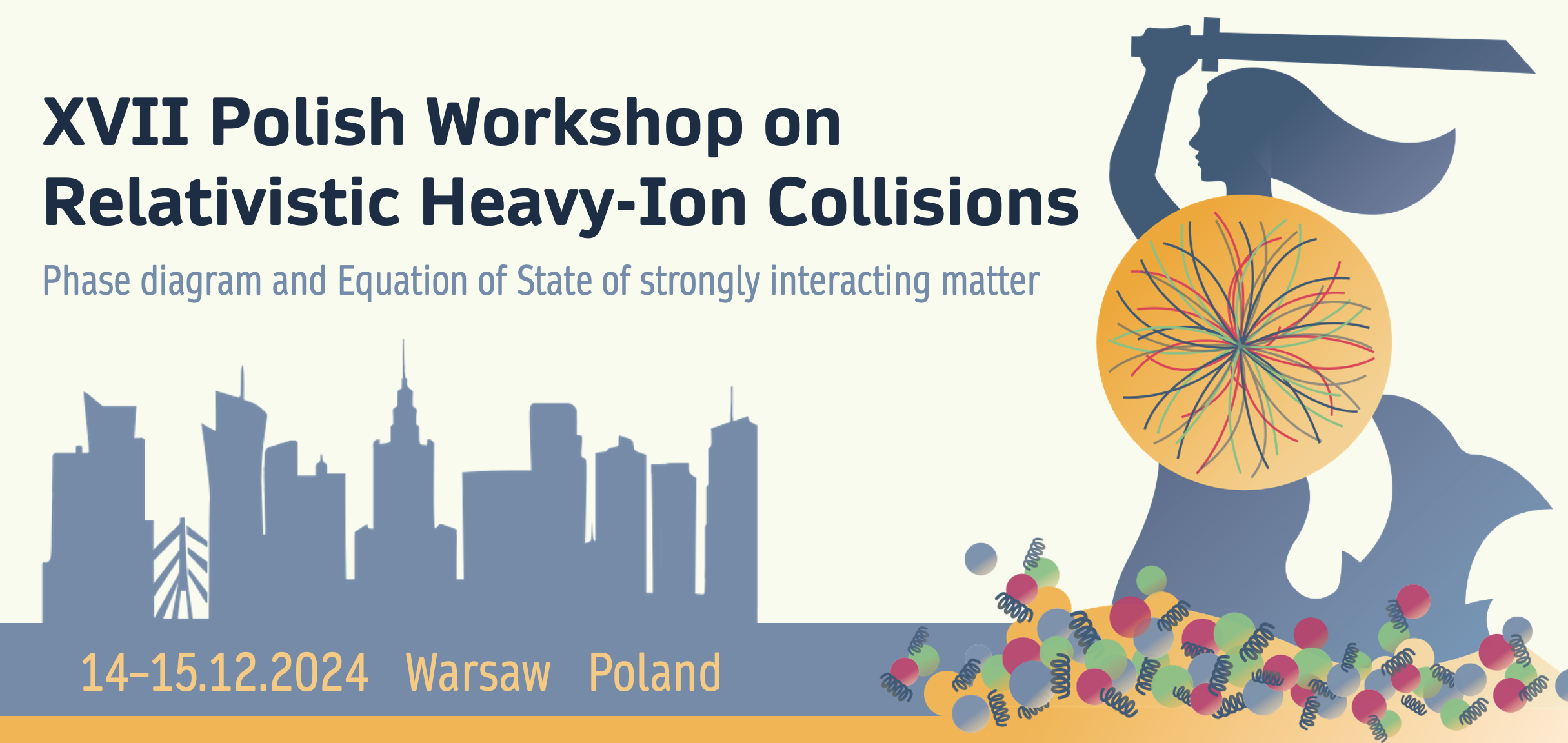Speaker
Description
The work presented is devoted to developing the integrated hydrokinetic approach (iHKM) for relativistic nucleus-nucleus collisions. While the previous cycle of works on this topic focused on ultra-relativistic collisions at the top RHIC and different LHC energies, the current work addresses relativistic collisions at the lower energies, specifically ranging from approximately 1 to 50 GeV per nucleon pair in the center-of-mass colliding system. The formation times for the initial state of dense matter in such collisions can be up to three orders of magnitude longer than those in ultra-relativistic collisions. This reflects a fundamentally different nature and formation process, particularly concerning the possible stages of initial state evolution, including thermalization (which may be only partial at very low collision energies), subsequent hydrodynamic expansion, and the final transition of matter evolution into a hadronic cascade. These stages, which are fully realized in ultra-relativistic reactions, can also occur within the energy range of BES RHIC, albeit with distinct time scales. This publication not only advances the theoretical development of iHKM (referred to, if necessary, as the extended version of integrated Hydrokinetic Model, iHKMe), but also provides examples of model applications for calculating observables. A systematic description across a wide range of experimental energies, which is preliminary yet quite satisfactory, for spectra, flow, and femtoscopy, will be also presented.
